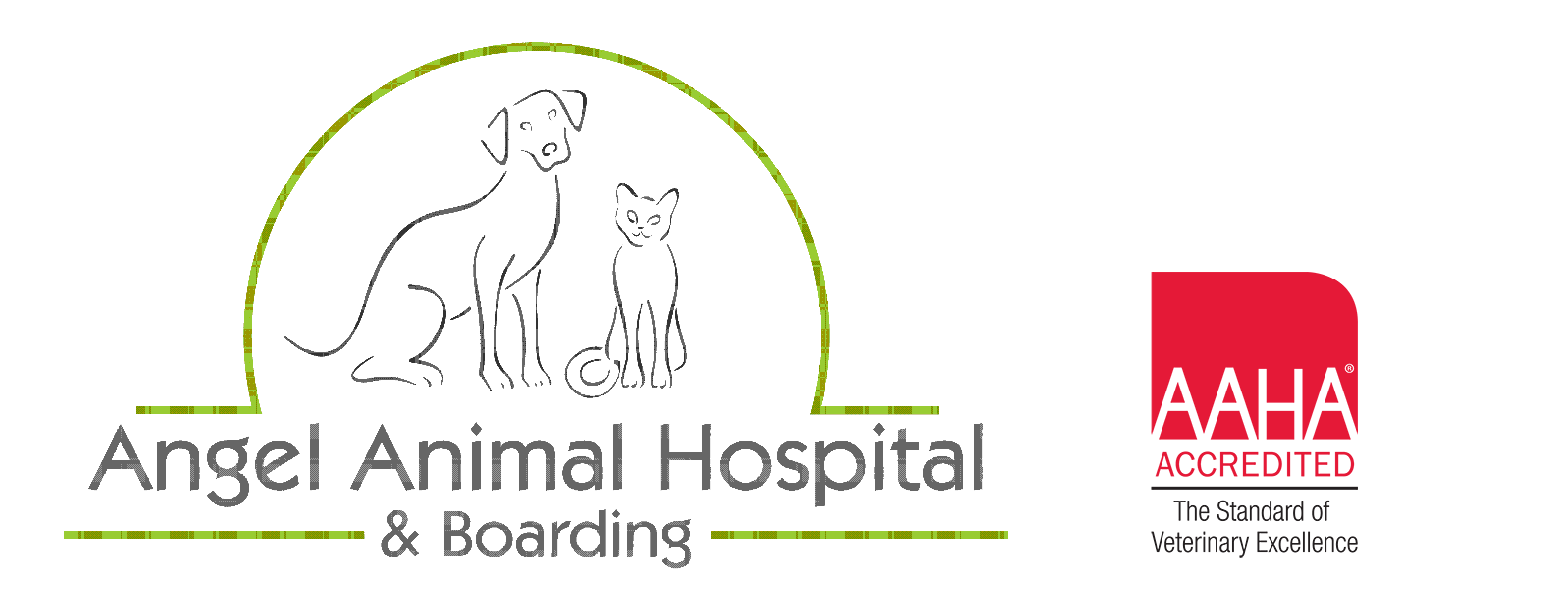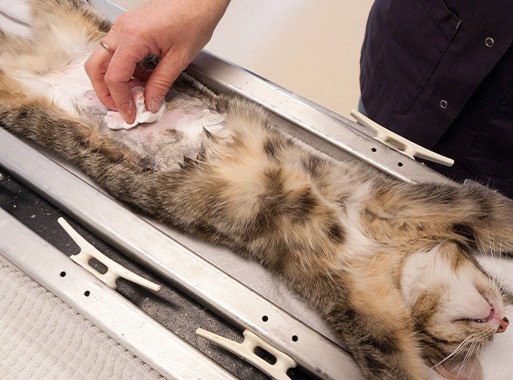Spaying or neutering is a very common procedure for pets.
It’s called a “spay” for females, and a “neuter” for males — although sometimes, the term “neuter” can be used for either gender.
Spaying or neutering means removing certain sex tissues from the body (ovaries/uterus for females, and testicles for males) in order to prevent pregnancies, and to avoid certain medical and behavioral problems.
The decision to spay and neuter is made by the pet parent. We will not dictate how old the pet must be for a spay or neuter, but will discuss the benefits and risks on a case by case basis during puppy visits or during a pre-surgical visit.



